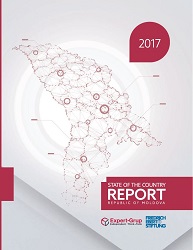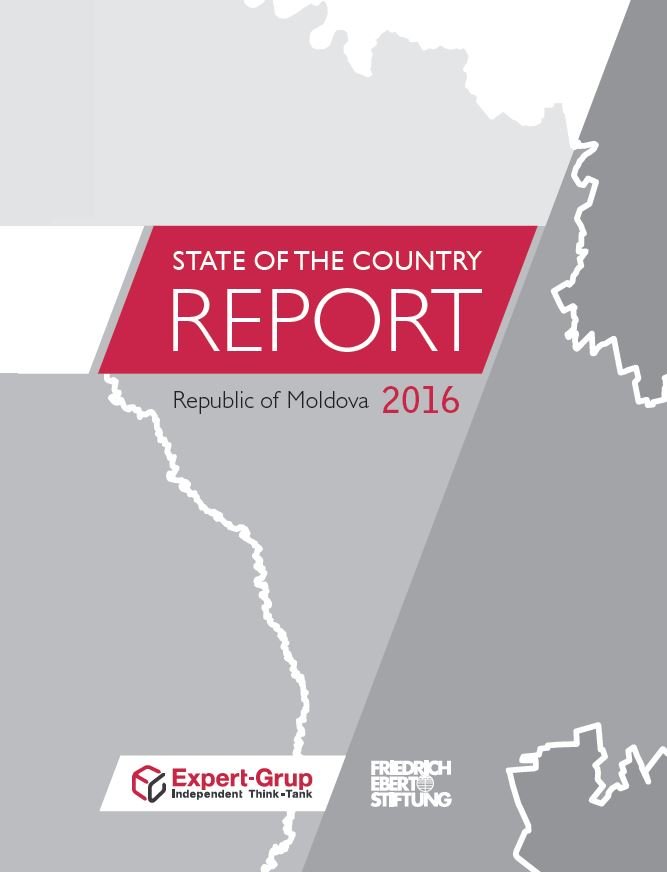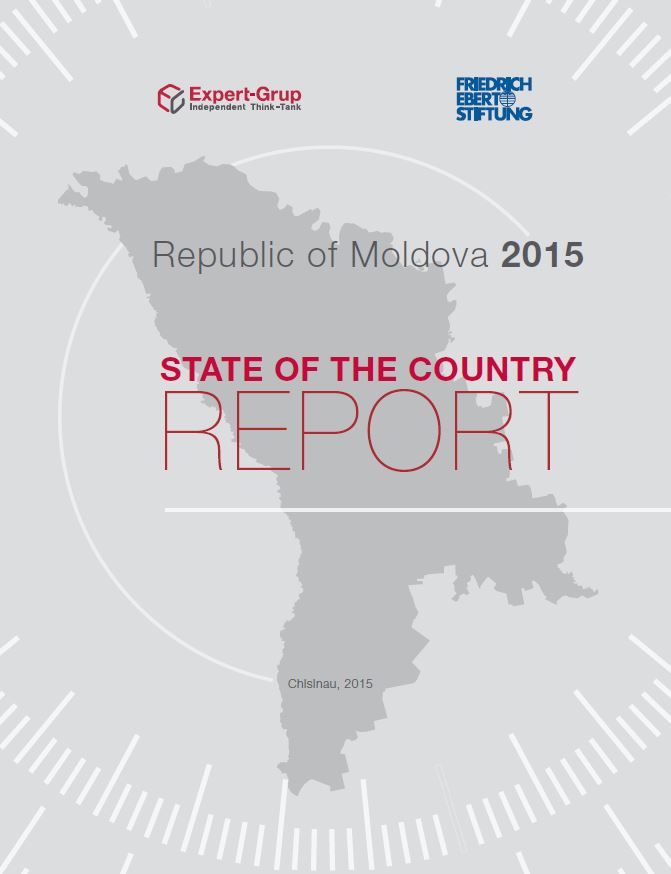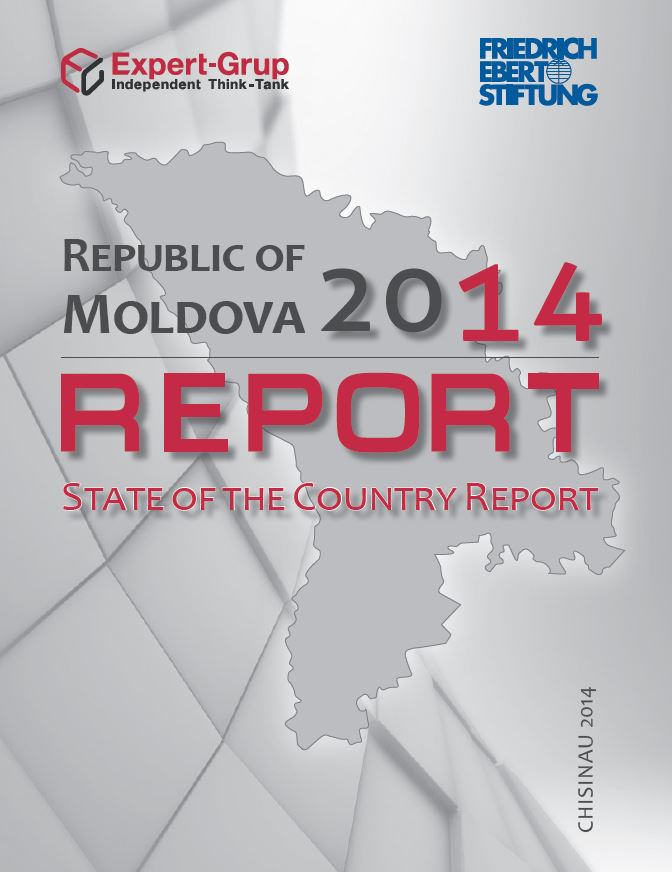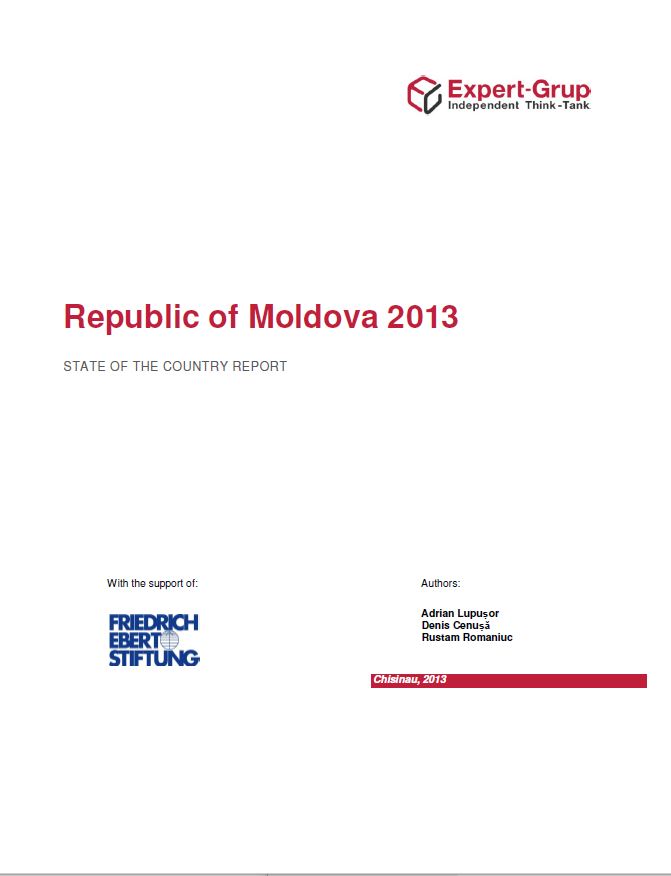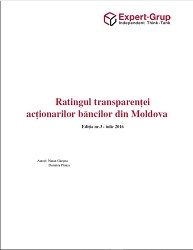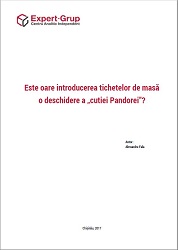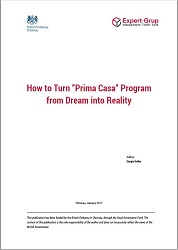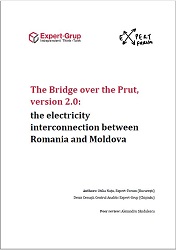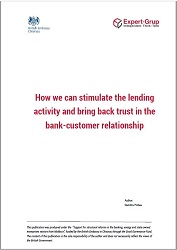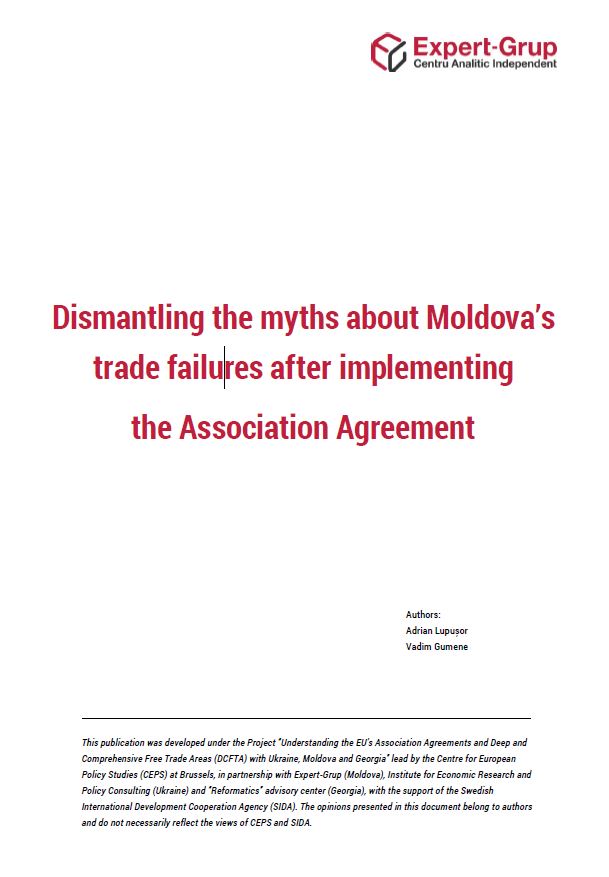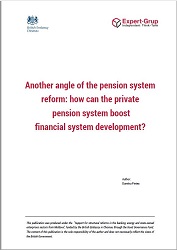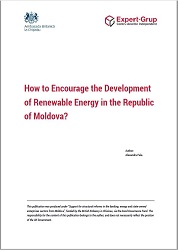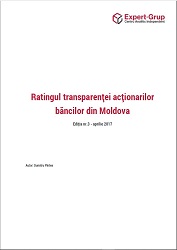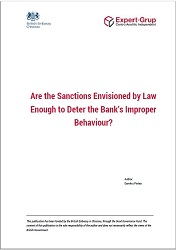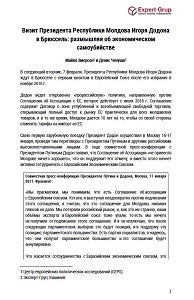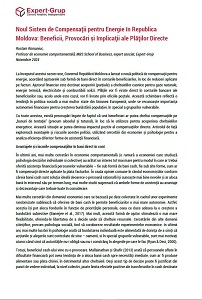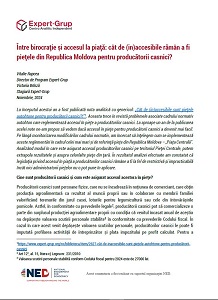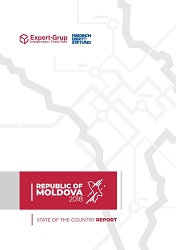
2018 State of the Country - REPUBLIC of MOLDOWA
2018 State of the Country - REPUBLIC of MOLDOWA
The credibility of institutions and of the Government as a whole remained a fundamental issue undermining the state of the country, without sizable improvements since 2016-2017. Authorities have not given up on the deficient policies criticised by the civil society, extra-parliamentary opposition and development partners. The change of the electoral system just before elections, the unprecedented invalidation of Chisinau municipality election, the initiative to exchange investments for citizenship or the package of laws on voluntary reporting and fiscal facilities distanced even more the ruling coalition from principles of democracy and rule of law. These measures also undermined other important reforms implemented by authorities in the financial-banking sector or business regulation and, finally, worsened dramatically the Government’s relationship with the development partners. The Moldovan economy continues to grow slowly following a non-sustainable model. After a recovering growth of 4.5% in 2016, GDP continued to grow in 2017 (+4.5%), but there are signs that it will slow down in 2018 in spite of quite favourable regional context. Such an economic growth rate is not enough to converge the income to the standards of Central and Eastern European countries during the life span of the current generations. As shown in the previous editions of State of the Country Report, to converge Moldova needs growth rates of GDP closer to 7-8% per year. Moreover, replicating the model of the previous years, the 2017-2018 growth is based more on conjuncture or arithmetic, rather than fundamental factors (e.g. the remittances grew on the background of a low base of comparison and the increase in public investment and social spending is determined by proximity to elections and is hence temporary).
More...
